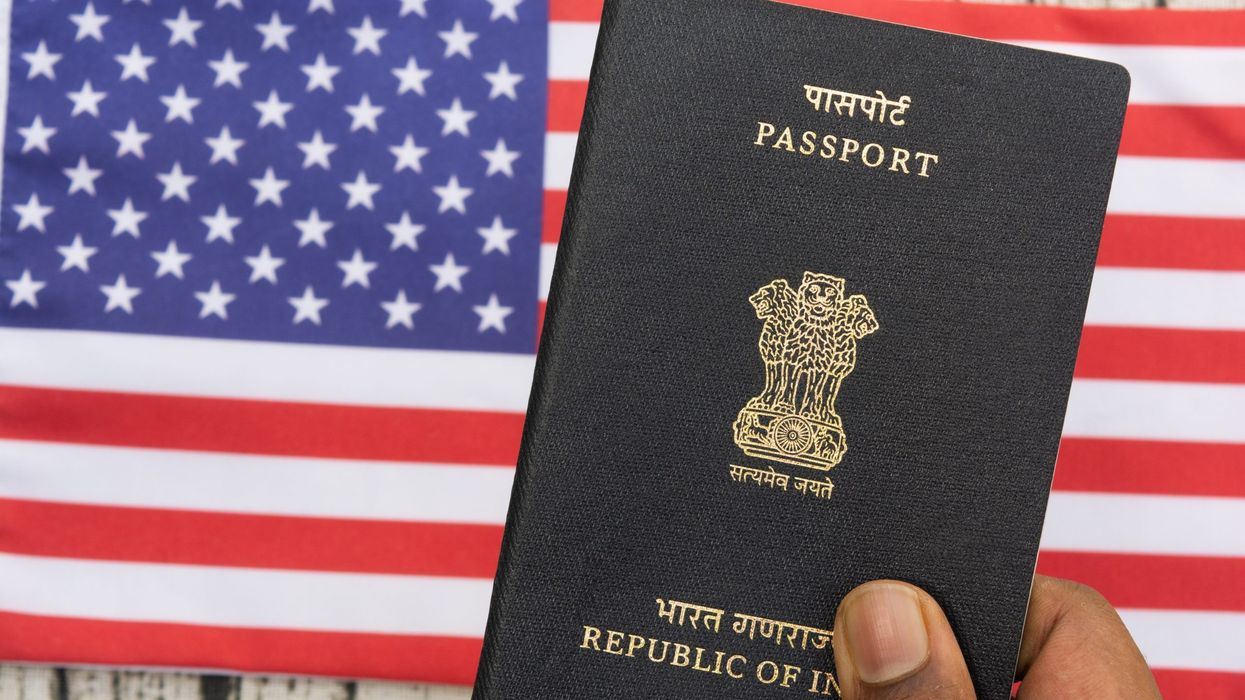U.S. HOTELS AIM to tap a surge in Indian tourists to boost revenue as domestic leisure spending slows and demand from East Asia remains below pre-pandemic levels, according to a Reuters report. Some hotels have adapted to Indian preferences by offering amenities like chai, samosas, and Indian TV channels.
The growing Indian middle class, higher travel budgets, and increased flight capacity are driving the country’s international travel boom, according to the report. Nearly 1.9 million Indian tourists visited the U.S. in the first ten months of 2024, a 48 percent increase from 2019, Reuters reported, citing data from the U.S. National Travel and Tourism Office. The surge was driven by a 50 percent rise in visas issued for business visits and a 43.5 percent increase for leisure.
In contrast, visitor volumes from China, Japan, and South Korea fell by 44.5 percent, 50.8 percent and 23.9 percent respectively, compared to 2019 levels, according to NTTO data.
Wealthy consumers from East Asian countries, including China, have been traveling more within Southeast Asia, avoiding long-haul trips to the U.S., the Reuters report said. European tourists have returned to the U.S., but visitation from countries like the UK, Germany, and France remains below 2019 levels.
The U.S. tourism industry has had a slow year, with companies including Hilton and Airbnb bracing for weaker revenue as the post-pandemic travel surge normalizes and inflation forces Americans to cut back on leisure spending, according to Reuters.
"Indian travelers are stepping up to fill part of the gap left by lower visitation from China, Japan, and South Korea," Laura Lee Blake, AAHOA’s president and CEO, told Reuters.
Blake said that Indian tourists typically prefer budget and mid-scale hotels, and their growing interest in smaller cities and secondary markets is helping spread the recovery across more destinations.
"Some properties are also introducing details that may resonate with Indian travelers—from chai and samosas in the lobby to popular Indian TV channels in the guest rooms,” she said.
Meanwhile, travel companies report significant growth in bookings by Indian travelers. Airbnb saw a 45 percent increase in nights booked by Indian tourists compared to pre-pandemic levels. TripAdvisor’s Viator platform recorded a 50 percent rise in U.S. bookings by Indian travelers in 2024, with a threefold increase from 2019. Scheduled flight capacity between India and the U.S. rose 42.3 percent in 2024 compared to 2019, Reuters reported, citing OAG Aviation data.
Industry leaders predict continued growth driven by younger, experience-focused Indian travelers.
"For 2025, I anticipate growth in occupancy rates and revenue, driven by a younger, experience-driven audience from India," Grzegorz Kowalski, CEO of hotel-booking platform Tripoffice.com, told Reuters.
As Indian tourists fill the gap left by other international travelers, the U.S. travel industry is increasingly tailoring its offerings to attract and accommodate this key demographic.
A recent Hotelogix study finds that flexible supplier contracts and cost-effective cloud solutions give homegrown mid-segment Indian hotel brands an edge over international competitors.






